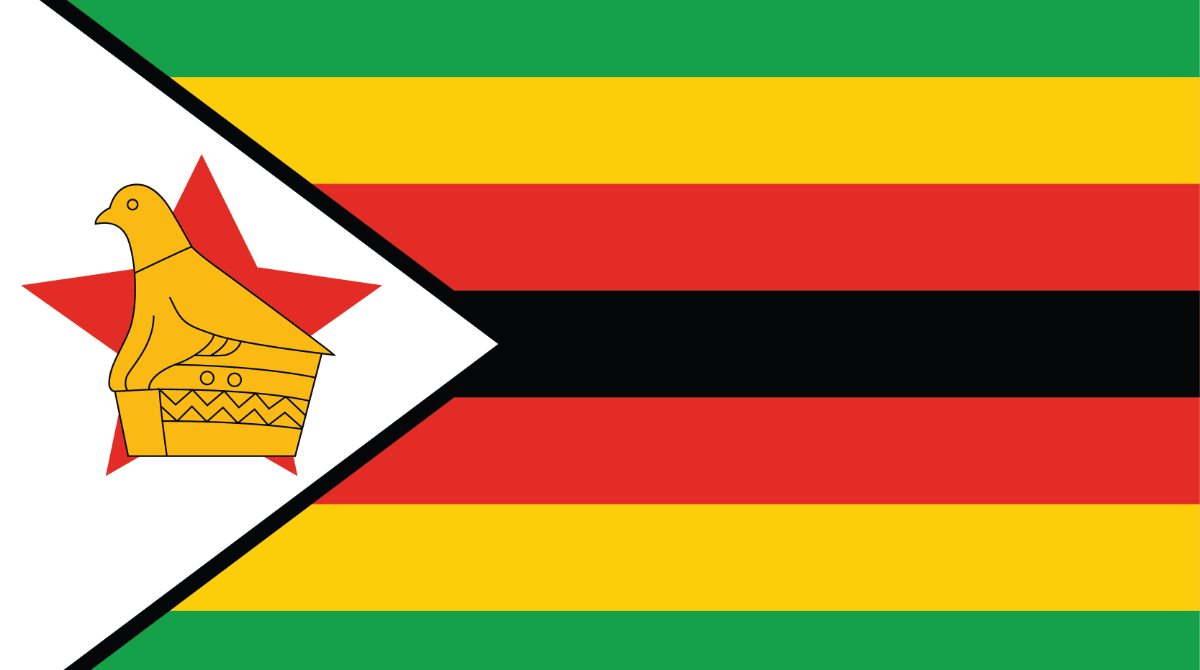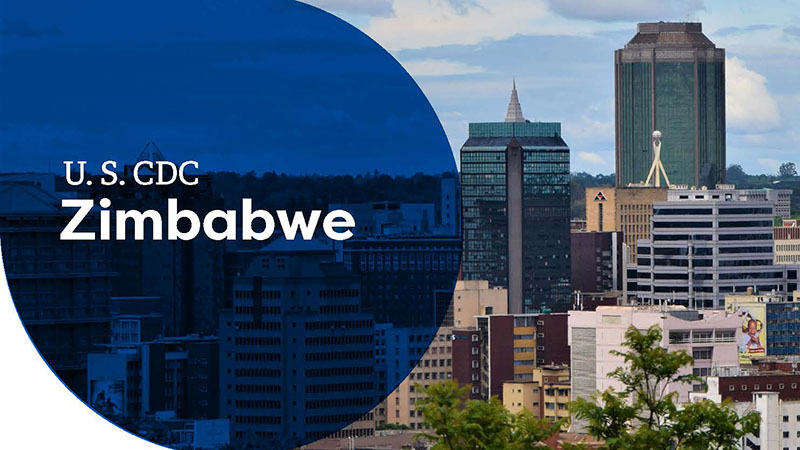At a glance
CDC works with Zimbabwe's Ministry of Health and Child Care (MOHCC) and other partners to build effective public health collaboration and partnerships, which strengthen the country's core public health capabilities: data and surveillance, laboratory capacity, workforce and institutions, prevention and response, innovation and research, and policy, communications, and diplomacy.

Overview

CDC established an office in Zimbabwe in 2000. CDC works with the Government of Zimbabwe and partner organizations to detect, prevent and control infectious disease outbreaks and build and strengthen the country's core public health capabilities. These include data and surveillance, laboratory capacity, workforce and institutions, prevention and response, innovation and research, and policy communications and diplomacy. CDC's work aims to protect the health of our nations and public health around the world.
Global health security
Laboratory systems strengthening
CDC Zimbabwe has provided support to the MOHCC laboratory services since 2004. CDC has also provided technical assistance to laboratories across the country to attain ISO 15189 accreditation for quality diagnostic services.
Key achievements
- Supported accreditation of 15 public health laboratories, including the national microbiology reference lab and the national TB reference labs.
- Optimized national integrated sample transport systems coverage and access with 720,930 samples transported to 15 viral load testing laboratories from health facilities in 44 districts, providing HIV, TB, and other disease diagnostics services.
Surveillance and health information systems
CDC Zimbabwe supported the MOHCC's strategic information activities. Activities included providing technical leadership and programmatic guidance for:
- Routine program monitoring, implementing, and using case-based and recency surveillance data to inform program planning.
- Health management information system support, including supporting the development and implementation of electronic medical health record (EMR) systems.
- Implementing population based and biobehavioral surveys to measure progress towards achieving HIV epidemic control and inform HIV program planning.
Key achievements
- Expanded use of the EMR system in health facilities in Zimbabwe.
Emergency response
CDC Zimbabwe and partners continue to support the MOHCC to prevent, respond to, and strengthen health systems to address public health threats. During the COVID-19 pandemic, the U.S. government supported COVID-19 infection prevention and control (IPC) activities. This included harmonization and strengthening of IPC measures in 105 health care facilities to build sustainable health systems and preparedness for any future pandemics.
CDC has also provided technical support for other outbreaks such as cholera, polio, and measles. CDC has also provided technical assistance to strengthen national capacities on quality monitoring for water, sanitation, and hygiene and cholera preparedness and response.
HIV and TB
As a key implementer of the U.S. President's Emergency Plan for AIDS Relief (PEPFAR), CDC plays an essential role in the fight against HIV and TB. With unmatched scientific and technical knowledge and long-standing relationships with ministries of health, CDC is uniquely positioned to advance HIV, TB, and other global health security activities that keep Americans safe at home and abroad.
Through PEPFAR, CDC provides critical support to Zimbabwe's public health infrastructure, improving the country's ability to prevent, detect, and respond to HIV, TB, and other infectious diseases and minimizing their risk from entering the U.S.
Extramural management
CDC Zimbabwe has continued the transition of complex and critical portfolios from international organizations to local organizations. CDC's focus is on continuing to enhance the capacity of local partners to manage cooperative agreements. CDC provides guidance and resources for the implementation, administration, oversight of awards, and managing accountability efforts.
